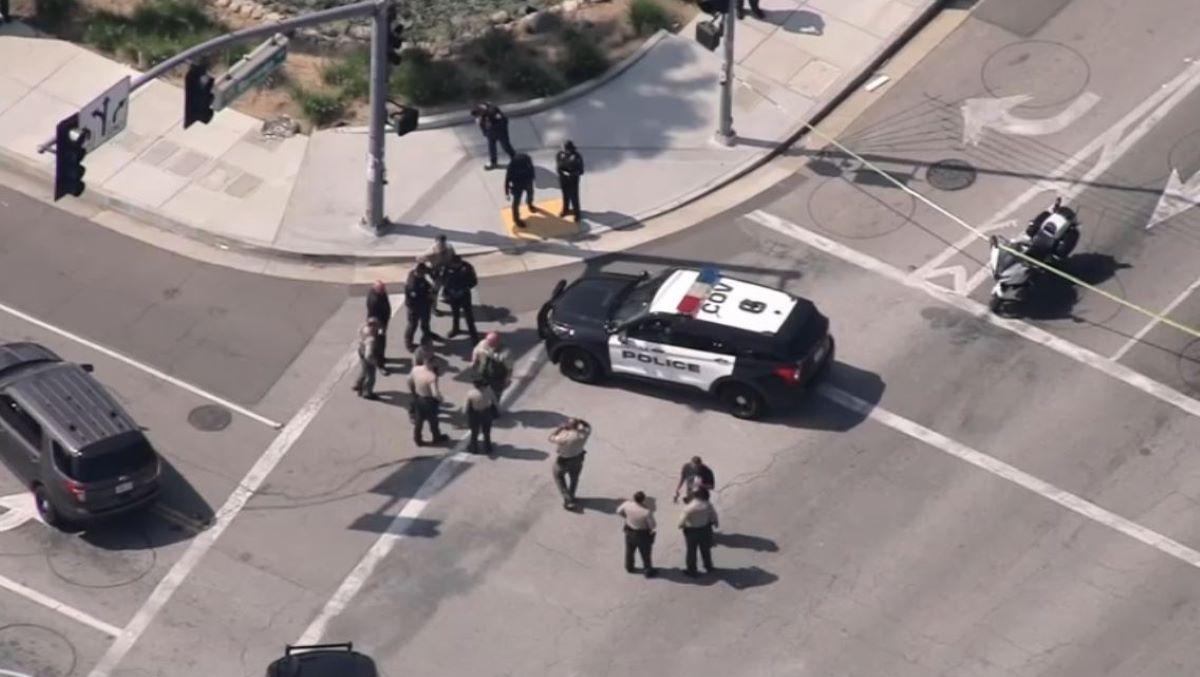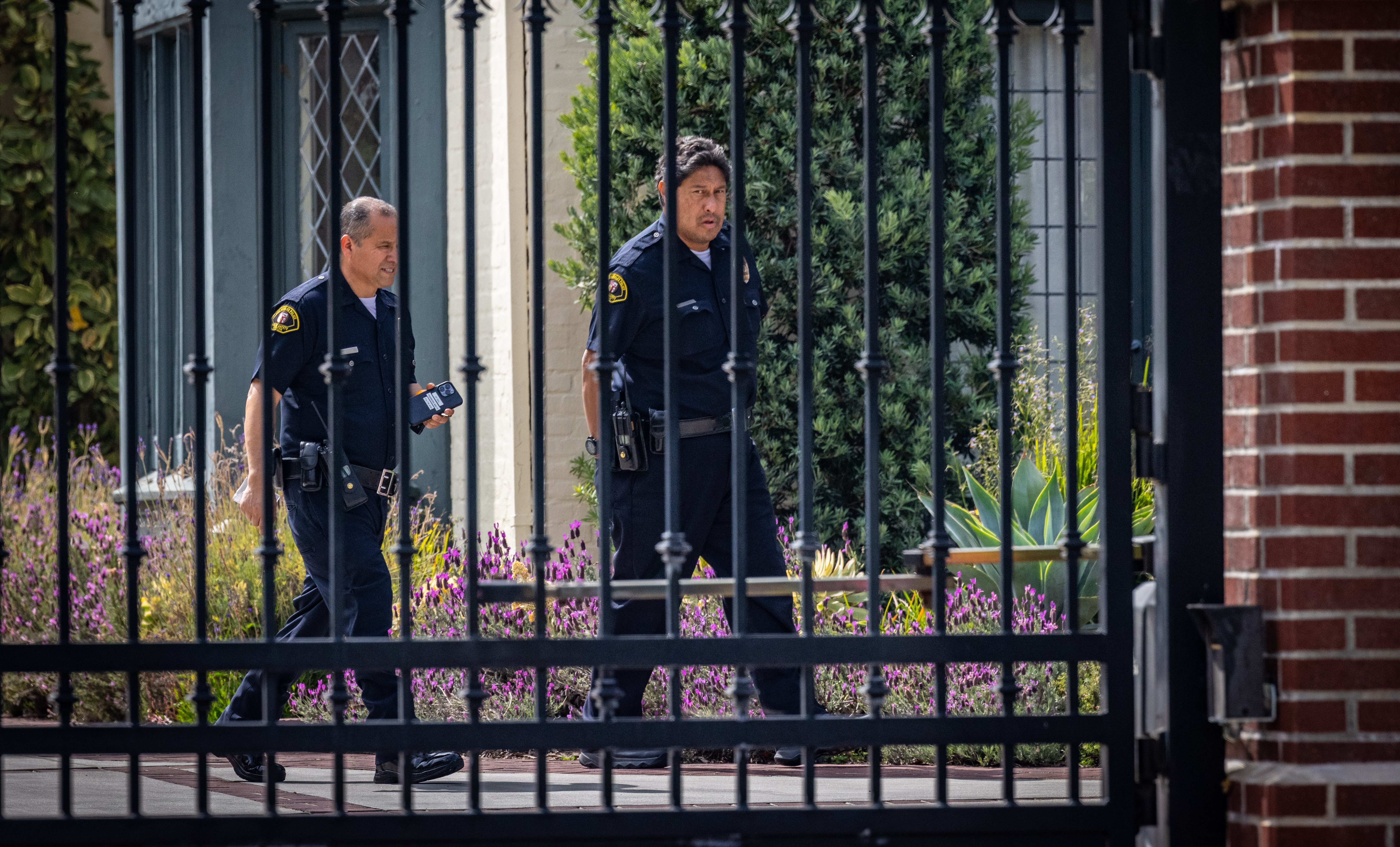Overcoming opposition from representatives of the state's two largest cities, Gov. Jerry Brown's plan for a multi-billion dollar fix to the weak link of California's aqueduct system passed a major hurdle Tuesday when Southern California's largest water wholesaler formally voted to participate.
The Metropolitan Water District (MWD) would provide more than a quarter of the total $17 billion cost projected for what has been dubbed California WaterFix. It envisions digging a pair of massive tunnels to transport southbound water more than 30 miles beneath the Delta where the Sacramento and San Joaquin Rivers drain into San Francisco Bay.
After nearly two hours of public comment, and then extensive discussion by MWD board members, they voted 28-6 in favor of the project, with two abstentions. Significantly, the no votes included three of the five members representing the city of Los Angeles and two of the four representing the San Diego County Water Authority, its two other members abstaining. The remaining no vote came from Santa Monica.
The plan suffered a setback three weeks ago when the board of the state's largest agricultural district, Westlands, voted against participation, leaving a potential gaping hole in the expected funding.
More recently, a report by the state auditor cited the lack of "analysis to demonstrate the financial viability" of the project.
One of the Los Angeles MWD representatives, Mark Gold, spoke in favor of downsizing the project to a single tunnel.
MWD's general manager, Jeffrey Kightlinger, acknowledged that unless funding is found to replace what Westlands was expected to contribute, the project may have to be done in phases, with the second tunnel postponed.
News
Top news of the day
Kightlinger and Board Chairman Randy Record both said they believe it would be better to proceed with both tunnels. But Record acknowledged, "If you don't have the money, you can't build it."
Since it was first built half a century ago, spearheaded by the late governor Edmund G "Pat" Brown — father of the current governor — the state water project has pumped water from the Delta into the California aqueduct that delivers water to farms in the San Joaquin Valley, and homes and businesses in Southern California.
But the pumps reverse natural water flows, kill fish, and have other adverse environmental impacts. In addition, there are concerns that the earthen levees in the Delta could fail and interfere with water flow.
Decades ago, during his first tenure as governor, Brown championed a peripheral canal to carry Northern California snowmelt runoff around the Delta. Voters defeated that in 1982. Brown proposed the tunnels shortly after he returned to the governorship in 2011.
The plan calls for the cost to be borne by water users. It's been projected that the pass through cost to the average household would be several dollars a month. During public comment, several speakers said that would be a hardship for many families. Speakers also expressed distrust that moneyed interests would enjoy most of the benefits of WaterFix.
Speaking after the vote, Kightlinger said he anticipates meetings with state and federal officials to consider the next steps. The federal government is involved because, like the state, it also delivers northern California snowmelt to San Joaquin Valley farmers through the Central Valley Project. It also requires that water be provided to certain designated wetland habitat.
But currently there is no mechanism for those beneficiaries to contribute to the cost of the tunnels.
WaterFix supporters stressed their belief that even with increased water conservation and recycling, the state water project will remain an essential element of California's water system, and that its reliability depends on improving the transport of water through the Delta. As much as 30 percent of the state's water comes from snowmelt.
"Every generation of Southern Californians has to reinvest in our water system to ensure a reliable water future," Record said.
Some construction could begin next year, but the majority of the work not before 2020 or 2021, Kightlinger said. Completing the tunnels is expected to require the better part of two decades.
Attending the meeting in the audience was Grant Davis, the governor's recently appointee as director of the Department of Water Resources. Grant did not speak during the discussion of WaterFix, and after the vote, left without comment.



